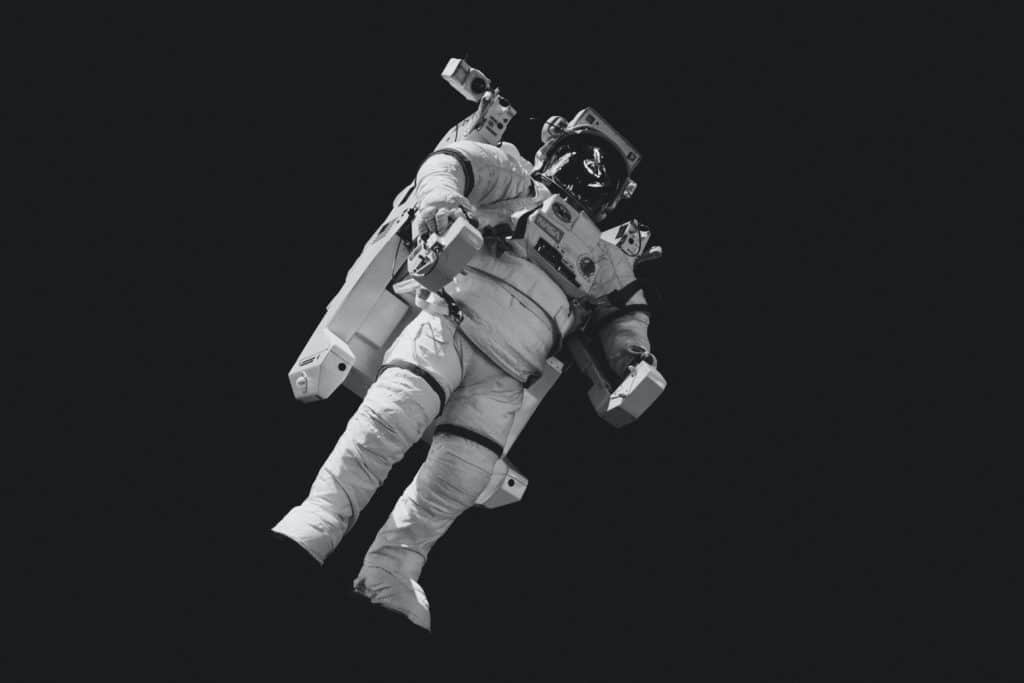
Astronauts making that long journey to Mars won’t have the luxury of going out to dinner or grilling up some burgers. Addressing this challenge for extensive space missions, American Chemical Society researchers have recently announced the development of an optimal “space meal.” This meal, a nutritious vegetarian salad, is tailored to meet the unique dietary needs of astronauts and can be sustainably grown in space.
In space, astronauts expend more calories and require additional micronutrients compared to their counterparts on Earth. For instance, calcium becomes essential to maintain health under prolonged exposure to microgravity. Furthermore, long-term space missions necessitate a sustainable approach to food production within the confines of spacecraft or space colonies.
While growing food in space and understanding astronauts’ nutritional needs have been subjects of research, specific fresh meals have not been extensively explored, according to an American Chemical Society media release. To bridge this gap, Volker Hessel and his team sought to create a space meal that satisfies these specialized requirements while also being palatable.

Employing a method known as linear programming, which optimizes different variables to achieve a specific goal, researchers evaluated various combinations of fresh ingredients. Their model aimed to meet a male astronaut’s daily nutritional needs while minimizing the water needed for cultivation. Sustainability was a key consideration, with a focus on ingredients that required minimal fertilizer, growth time, and space, and whose inedible parts could be recycled.
Out of ten scenarios examined, a vegetarian meal comprising soybeans, poppy seeds, barley, kale, peanuts, sweet potatoes, and/or sunflower seeds emerged as the most effective in terms of nutrient maximization and minimal farming inputs. Although this combination did not provide all necessary micronutrients, researchers suggest supplementing the missing ones.

To ensure the meal’s appeal, a prototype salad was prepared and taste-tested on Earth. Responses varied, with one tester enthusiastically stating they “wouldn’t mind eating this all week as an astronaut,” while others offered more reserved praise, despite returning for seconds.
Looking ahead, researchers plan to adapt their model for female astronauts and expand the variety of crops in their database. This innovative approach to space nutrition not only promises to enhance the health and well-being of astronauts on future missions but also marks a significant step forward in the sustainable production of food in space environments.
The study is published in the journal ACS Food Science & Technology.
The post Scientists Cook Up Perfect ‘Space Meal’ For Astronauts’ Journey To Mars appeared first on SpaceChatter.